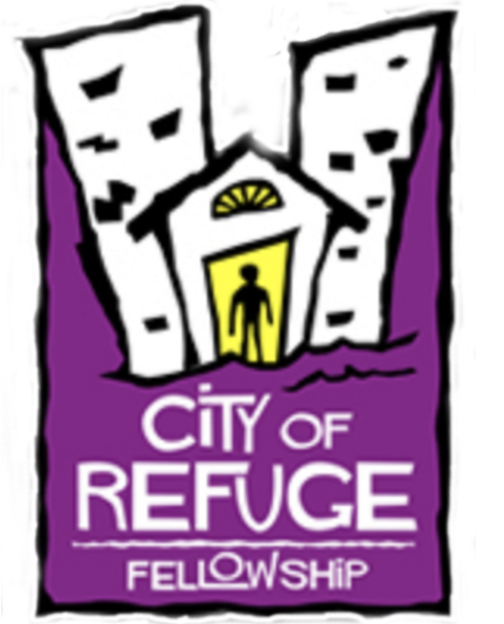Matthew 7:1-5
Last week we started this portion of the Sermon on the Mount by talking about judgment, what it is and how it affects us. R.T. Kendall defines the judgment that Jesus warns us against in this Scripture as “uncalled for criticism”; it is when we apply our convictions to someone else’s life, when things like personality conflicts, not liking how something is done or how something is said, discomfort, differing opinions and disputable matters become excuses for being offended and reasons for becoming judgmental. Jesus’ declaration that we are not to judge is not at all freedom from accountability. The Bible tells us to exhort each other, to build each other up in the most holy faith, to go to a brother if they have sinned against us, to pull a brother back from the fire if they have chosen to walk in sin, to involve witnesses and even the church as a whole if sin is not repented of with the fruit of repentance being a change of behavior. The truth is that we are our brother’s keepers but the keeping of our brothers, the accountability that we have to each other must be walked out in the grace that we have been given; it must be done in the generosity of mercy not the outrage of offense. We closed last week by confessing that often, our judgment of others comes from the hurt places within us, the places where we have been wounded, offended, sometimes judged and criticized. We all need more than simple forgiveness from being judges we need healing from being judged. The cross of Jesus does not only provide the forgiveness of our sins it also has given us healing from the sins that have been committed against us. When my heart is truly healed it causes me to long for the healing of others, I personally believe this is a missing part in much of our repentance teaching. Repentance involves the confession of sin, it creates forgiveness from sin but, I believe, that repentance must also have a component of sorrow over those that are wounded by my sin; that place of sorrow (not guilt but true godly sorrow) is what often keeps us from continuing to walk in sin which ultimately is when the fruit of repentance finally begins to bloom. If we are honest, many of us have walked in confession and have claimed forgiveness but have yet to bear the fruit of change, to me that is because we have yet to enter into godly sorrow over the pain that our sin has created.
Today we move into the next verses of our text and we will learn that accountability is truly a part of our Christian relationship, so much so that immediately after Jesus says“Judge not that you do not judge” He then teaches us, with a parable, how to walk in accountability. The parable He uses reveals that everyone around us has a “speck” in their eye; it also reveals that every single one of us has a plank in our own eye. That God’s intention, God’s desire for our relationships is that we First deal with our plank so that He can use us to help with the specks of our friends because clear eyes lead to pure hearts and pure hearts reveal the glory of God. We will simply create a template for accountability today with three simple words: First, Then and For. First we deal with our own hearts, then we help to restore our brothers hearts, doing this all and only for the glory of God and the hallowing of His name in all the earth.

